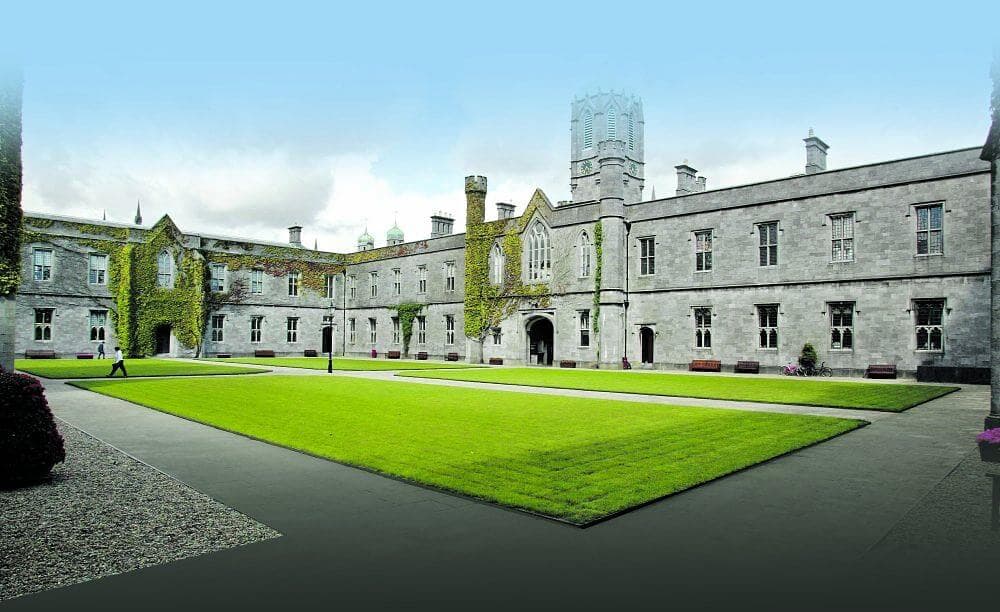tudents complete three core and three specialist modules in the first year (60 ECTS) which is conducted over two semesters. There are two clinical competency assessments, one for each semester. Students’ clinical competency will be assessed by a designed preceptor and programme director (“pass/ fail”, submitted at the end of Semester 2). Eligible students will then complete a research dissertation (30 ECTS) in the second year.
All students are invited to a postgraduate Induction Day prior to commencing the programme. The Induction Day has many purposes. Students meet and get to know their classmates and lecturers, they are provided with information regarding programme content, the timetable, assessment schedule; programme Marks and Standards and the resources in place to support them while undertaking the programme. Students are taught how to access Blackboard use of Turnitin and an overview of plagiarism, overview of academic writing and how to contribute to discussion boards/blogs and submit assessments. Students are also orientated to the library on-line resources and other student support services. Students meet their programme director and module leaders in break out groups during the day. The roles of various key people are outlined i.e., programme director, module leader and clinical facilitator if relevant. Students are informed about the various apps they should download, role of the student union, role of Class representative, specific location of policies they may need access to over the course of the programme e.g., leave of absence, exemptions/recognition of prior learning (RPL). The clinical components of the programme and clinical assessments are discussed. The most important aspect of the day however is allowing students the time to meet and get to know one another. We find that peer support is extremely important for students attending blended learning programmes and ensure that there is plenty of time for students to get to know one another on the Induction Day.
Year One is a blended learning programme and is delivered using a combination of on-line learning and face-to-face skills teaching. In all modules, there is an emphasis on exploring the relevance of module content to practice. Each module runs over a minimum of 12 weeks. Modules are developed into guided learning packs comprising of multiple units. Each pack provides a study guide for the student and includes directed learning activities (both on-line and practice based), key reading and reflective points. Students will be supported on-line as they work through each unit, using the virtual learning environment Blackboard. Students will complete practice focused assessments throughout the programme. Students will be expected to engage in discussion boards/blogs and respond to posted questions or activities, and to complete e-tivities, case studies, MCQs and assignments. The methods of assessments provide students with the opportunity to clarify their understanding, debate key issues with peers and moderator, and consider how to apply their learning in their practice. The moderator (a lecturer) will provide written feedback on assessments.
The face-to-face teaching component (workshops/online) will take place at intervals throughout the semester. Workshops will focus on key skills and application. Online teaching will comprise of theoretical knowledge and provide an opportunity for engagement though group work and discussions. While undertaking the programme, students will continue to work in an approved perioperative clinical care setting. Programme assessments are structured in such a way allowing students to explore “new” knowledge in the reality of their practice, thus providing them with an opportunity to integrate theory and practice.
To be eligible for the award of the Postgraduate Diploma in Nursing (Perioperative) students must pass each module at 40% and pass the clinical competency assessments. Students must also meet the clinical hours’ requirement of 500 hours (reduced from previously-published 1,000 hours, on NMBI advice).
To be eligible to attend the Master’s of Health Sciences (Year Two), students must obtain an overall result of 60% or over in Year One.
Curriculum Information
- Curriculum information relates to the current academic year (in most cases).
- Course and module offerings and details may be subject to change.
Glossary of Terms
Year 1 (60 Credits)
- Required NU6618: Specialist Module 2 - Prevention of anaesthetic complications
- Required NU6439: Service Improvement
- Required NU623: Clinical Governance: Supporting Safe Practice
- Required NU921: Clinical Competence 1
- Required NU616: Specialist Module 1 - Physiological effects of surgery
- Required NU6619: Specialist Module 3 - Prevention of surgical complications
- Required NU502: Advanced Research Methods
- Required NU922: Clinical Competence 2
Year 2 (30 Credits)
- Required NU6515: Research Dissertation
